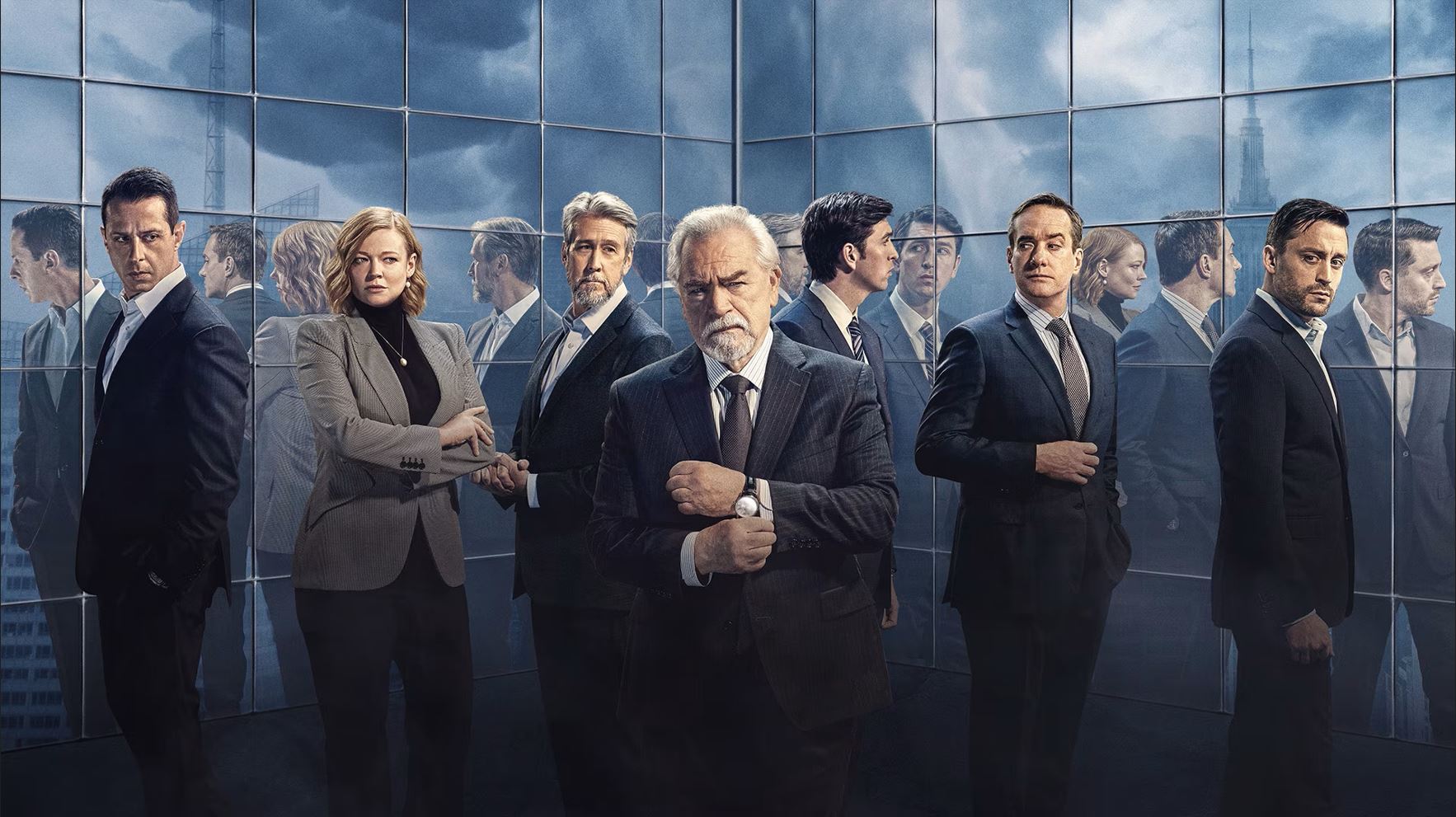
A common script criticism is that the characters aren’t likable enough. But we’ve seen and loved tons of movies and TV shows with scoundrels and thieves and the morally reprehensible taking the lead.
At the most basic level, what keeps people watching or binging or compels them to turn one more page comes down to questions that need answering. Stories plant an instability in us… a need to keep going, a desire for closure.
At their core is a dramatic question that drives the story: “Will the hero overcome the obstacles to achieve the goal or will the horrible thing happen?” The elements of this question are so important that they’re what fuels loglines and pitches. At Save the Cat!, we call these elements Story DNA: Hero, Goal, Obstacle, and Stakes.
To get a viewer to stay up on a Friday night to watch the next episode of Yellowjackets, or wait all Sunday to see what happens that night on Game of Thrones: House of the Dragon, they need to care about the fate of the hero in question. They need to want a good ending for them. On some level, they need to root for the hero.
This storytelling fundamental is so important it’s the title of Blake Snyder’s first book: Save the Cat! The idea is that even a mean, grumpy miser or a ruthless mobster or a “typical Bill Murray character” can be relatable, empathetic, and “worthy of our love” if they save a little kitty cat early in the story.
But what about an anti-hero?
Two of the hottest shows on TV right now, Barry and Succession—both in their final seasons—are wildly popular and critically lauded. Both series feature characters that “on paper” would get kneejerk “unlikable” labels in pitch meetings.

The titular character Barry is a soulless killer, and the aspiring actors around him tend to be self-centered and sometimes egotistical.
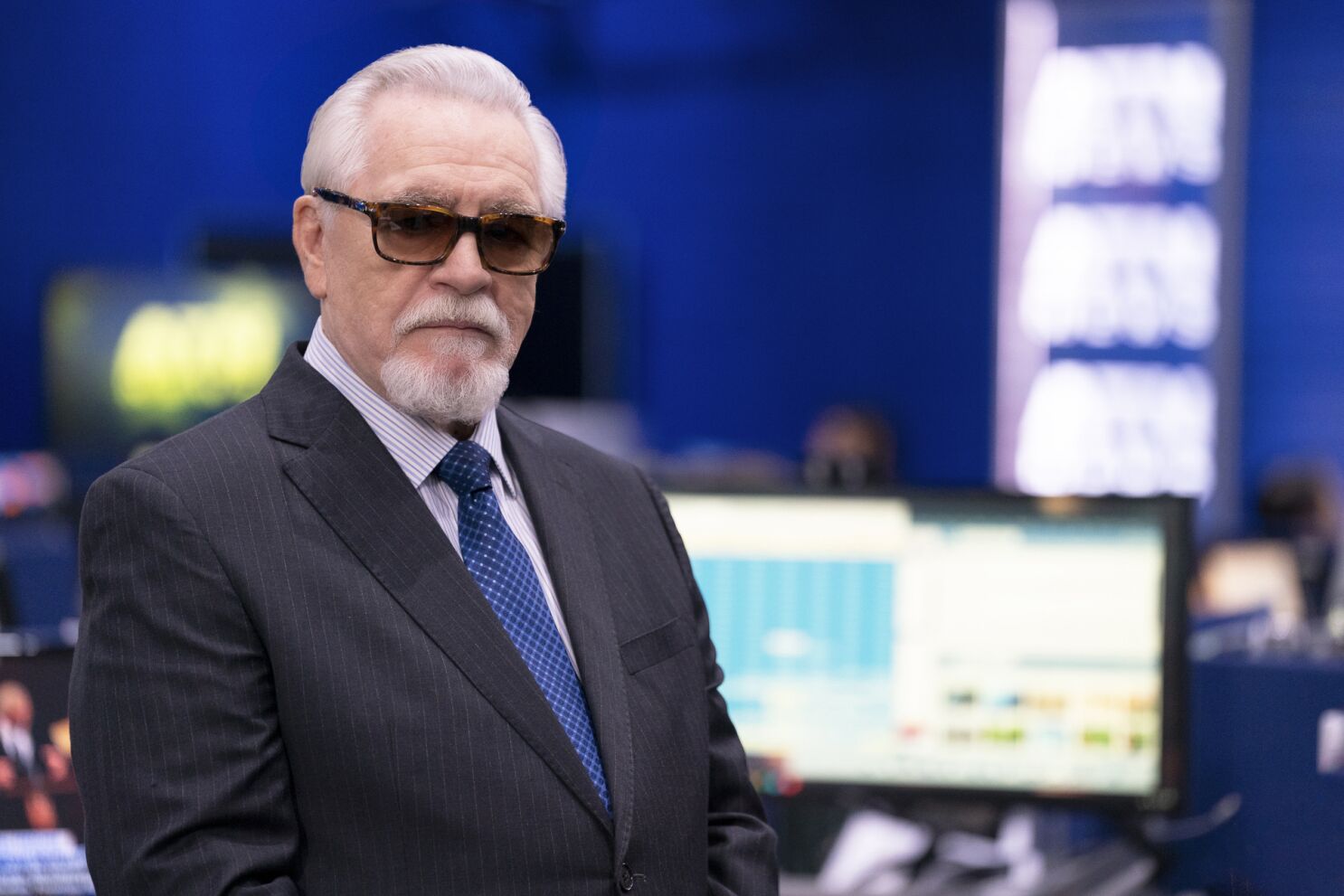
Succession in some ways is worse, featuring the adult children of a ruthless billionaire dad, Logan Roy, who runs a conservative news network empire. The kids are suck-ups and vapid and ready to turn on each other in the blink of an eye. Hardly “likable” types. Not the type of folks we’d normally root for.
Barry and Succession work overtime to get us to like their featured characters while still maintaining their necessary anti-hero status.
In my books, Save the Cat! Writes for TV and the Save the Cat! Beat Sheet Workbook, I introduced an idea called the Rooting Resume. It’s an expansion of the Save the Cat! notion. Movies build a strong case for why we should care about characters in the Set-up (about the first 10 pages of a story). That’s why in movie pitches the first third of the movie might take up half the pitch session. TV does the same thing across entire pilot episodes. It’s why in pitch meetings there’s so much emphasis on the pilot.
Establishing characters that have flaws to overcome, things to fix in their lives, and reasons to root for is essential for a story to work. Otherwise… who cares?
There are lots of subtle execution-driven ways to do this: setting characters up as underdogs, giving them charming traits or entertaining personalities, or treating them in unjust ways.
Let’s take a look at six of the most common Rooting Resume techniques.
1 – HEROES ARE UNDERDOGS
Probably the best way to get audiences on the side of your hero is to show how the world is against them. If the important people around them give them zero respect and they’re treated unjustly, we’ll naturally gravitate to them and root for the world to even out a bit!
Succession is about spoiled, privileged siblings born on third base who think they hit a triple. Not the typical people we root for from the sidelines. The pilot has to work hard to establish why they’re actually underdogs in this sophisticated and cutthroat business world.
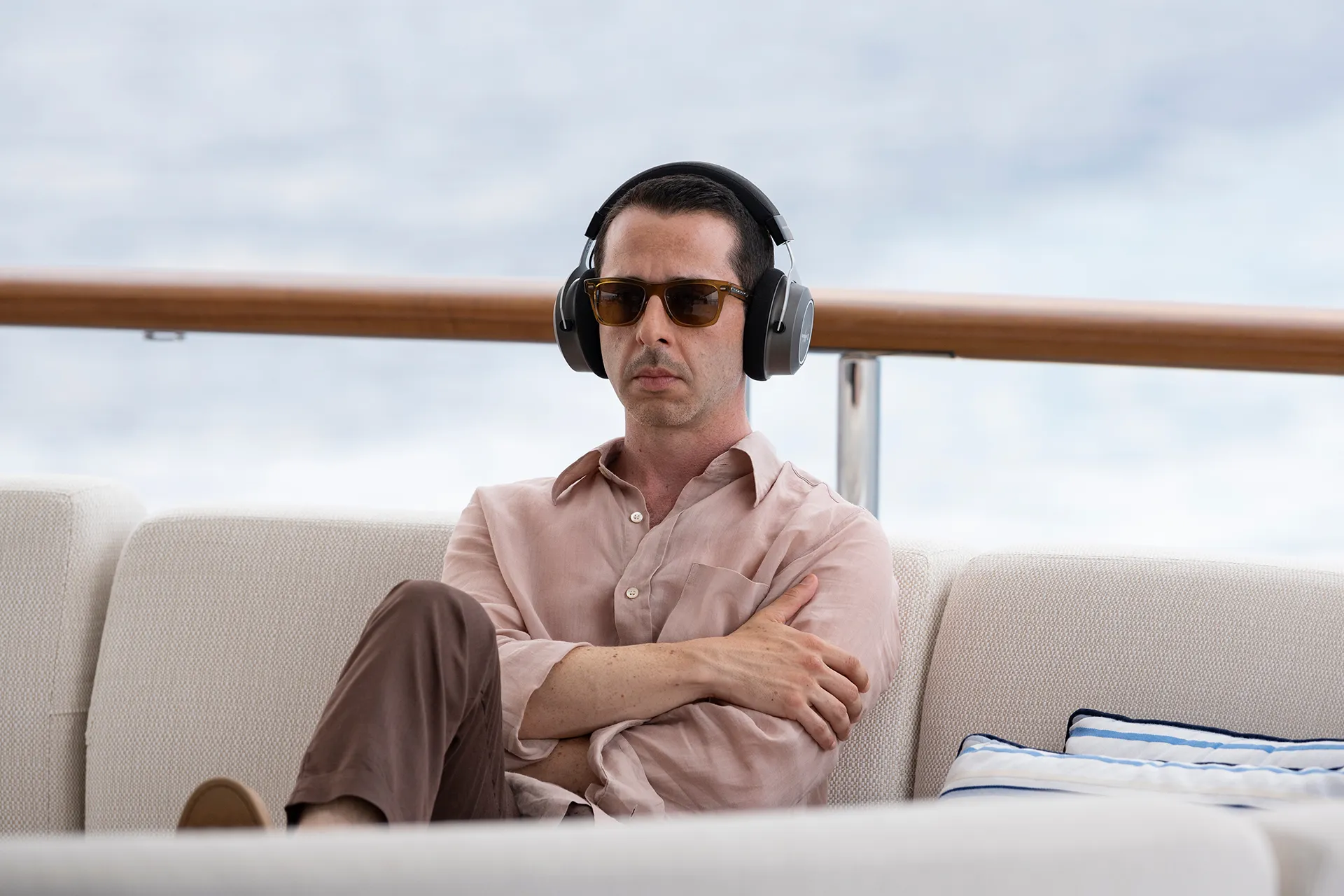
Eldest son Kendall gets the most screen time. He’s the ultimate Rodney Dangerfield (he gets no respect). Practically every single character rolls their eyes or outright insults him at some point—his dad, his coworkers, his siblings, and even his wife. Right from the start, the big deal he’s supposed to land gets rejected and he’s rudely called a Neanderthal and a Daddy’s boy. The insulting CEO even hits him with a low blow about his drug problem. Whether trying to bury his past drug issues/reputation or just trying to portray the “man in charge” he’s destined to be, Kendall weathers these insults and takes the blows. But we can see in his eyes that they hurt.
The pilot is driven by his father Logan suddenly deciding not to hand over the reins to the company, an unexpected public humiliation. Kendall is full of flaws and bad behaviors, but he’s also a huge underdog who has been treated unfairly—and that’s enough to get us on his side. No one takes him seriously and he’ll have to fight for everything. At times it even feels like he wants to be a nice guy… but this business has no time for nice.
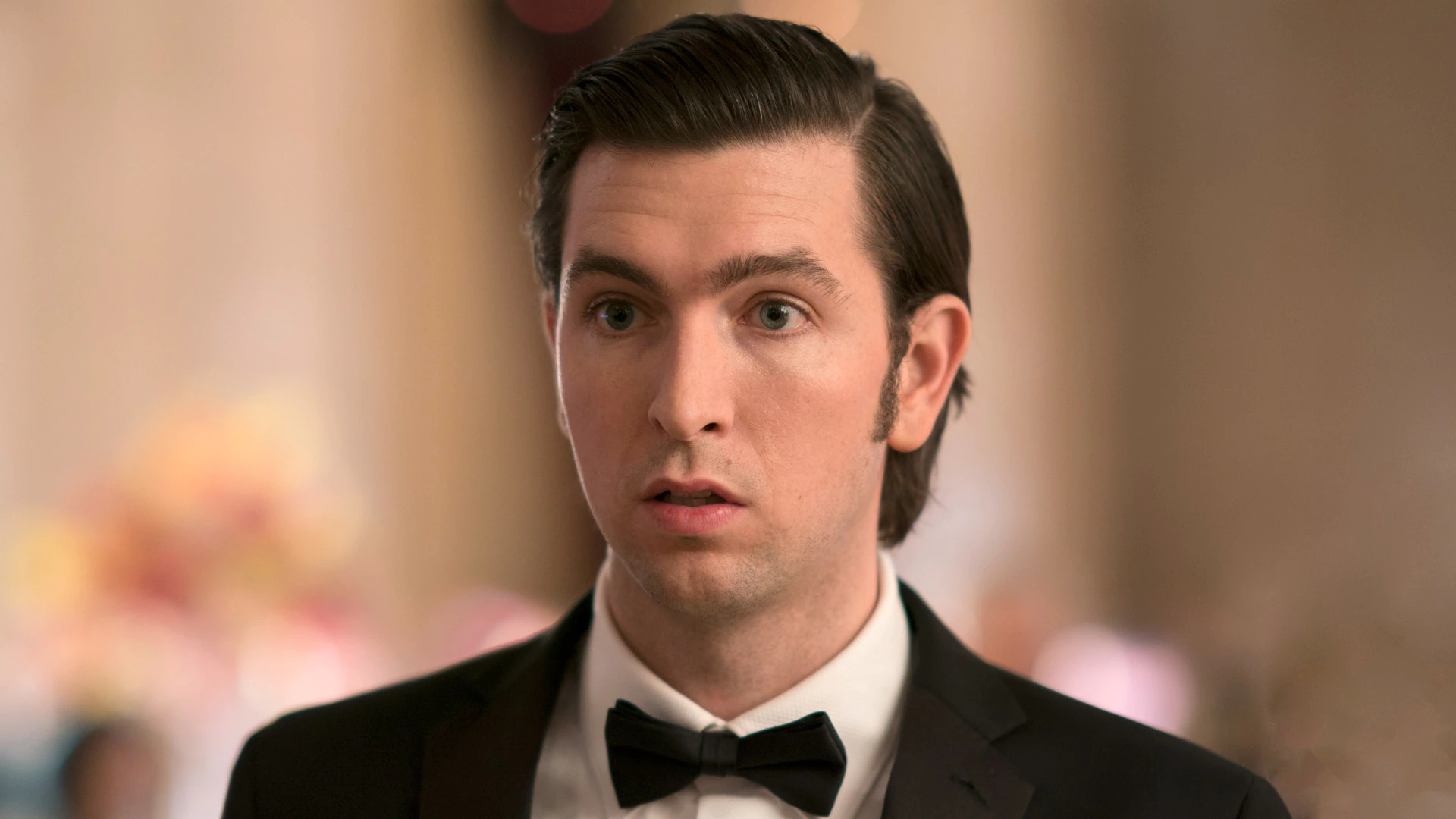
While not one of the siblings, Succession’s cousin Greg is a classic underdog, not coming from the rich lifestyle of the others. Financial and status issues are something a lot of us can relate to and are often part of Rooting Resumes. (In Barry, our lead hitman also lives in a bad apartment and seems to be living a drab, financially challenged life).
We meet cousin Greg working a low-rent theme park gig. He’s forced to perform as a costumed dog character and then abused and bullied by rambunctious kids. How humiliating! He actually throws up in the costume, suffering the ultimate public humiliation as his underdog status is 100% achieved! He’s fired from the job and has to call his mom and make up a lie just to avoid further shame… but he’s also too embarrassed or humble to “tell them who he is.”
When Greg shows up for Logan’s birthday, he’s pinned against the wall by security folks. Logan even gets his name wrong as he introduces him at the party. From there it only gets worse. He’s out of his league in this world of rich elites and they remind him and us of it at every turn.
To sum up, having your heroes getting beat up by kids or being cheated out of things they deserve and work hard for, or suffering humiliations both private and public are some of the best ways to get audiences to feel for them… even if they’re privileged rich kids!
2 – HEROES CARE ABOUT SOMEONE OR SOMETHING (AND NOT JUST CATS)
As emotionally numb as Barry is, he gets a Save the Cat! moment of sorts. When he hears Sally rehearsing an emotional scene and mistakes it for a woman in distress, he moves to help her, only to get snapped at (the world is so unjust). Sally has her own Save the Cat! moment, when she makes a point to be nice and apologize to Barry after the class ends. She even invites him to hang out at the bar.
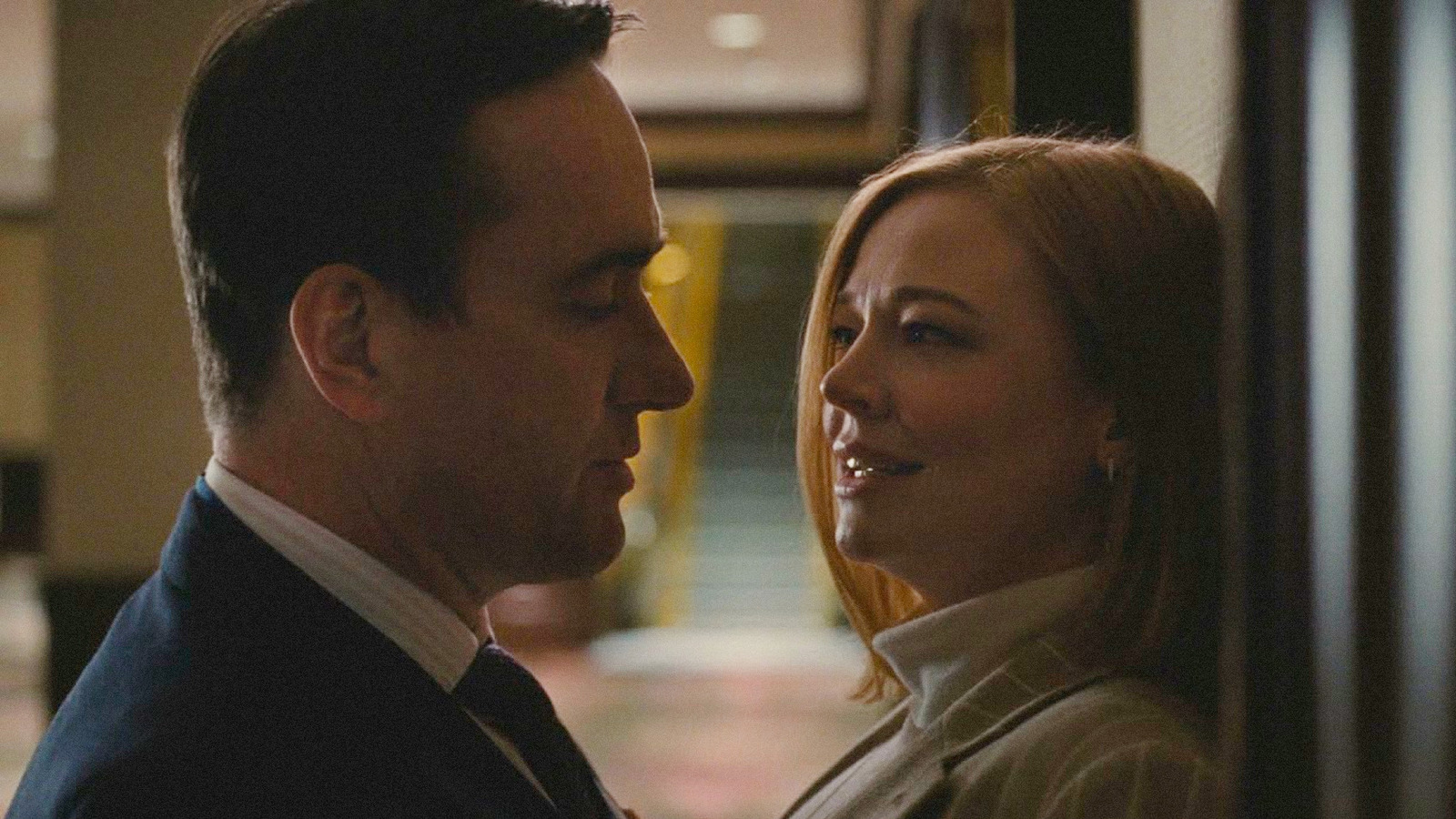
The Succession pilot makes a point of showing the characters interacting with the ones they love. Despite being the evil devil of the show, Logan is shown being caring and sweet to his wife. Kendall gets a soft moment with his children where he’s kind and seems like a caring dad. When we first meet Shiv, she has a moment where she’s encouraging and helpful to her husband Tom and they appear to love each other. Even Roman gets a moment where he sits with his dad on a plane and feels like a son who cares. Despite the father’s bullish behavior, when he is stricken by a sudden illness there’s real emotion and worry about him… even tears.
If your hero loves someone or someone loves them back, perhaps there is a glimmer of hope in them. Perhaps their best selves will emerge or win out over the course of the show.
3 – HEROES DREAM OF BEING BETTER
From the earliest moments of the first episode, Barry strives to be a better person. He wants to quit his hitman career. He knows the life he’s living is wrong and he needs to get out. His father-figure boss, Monroe Fuches, gaslights him about it, trying to keep the killing train rolling. But later in the pilot, in a heartfelt confession, Barry tells his new father figure, acting coach Gene Cousineau, that he knows there’s something more to him than just killing people.
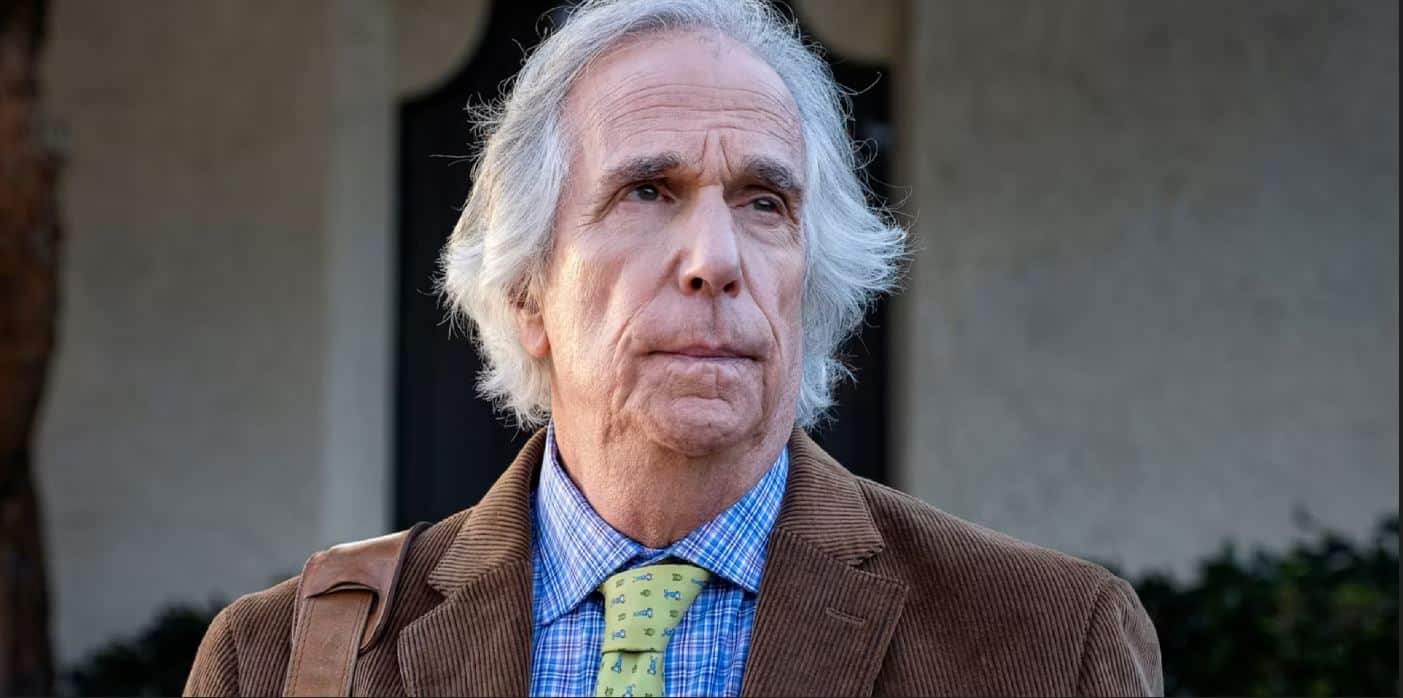
His need to become an actor is beyond vanity… it’s life or death. And at the end of the episode, he tells the waitress at the diner that he’s an actor. It’s going to be a long, impossible journey… but he’s trying hard and that’s what we want in our heroes.
In Succession, all the siblings are overly ambitious. It’s both a flaw and a Rooting Resume trait. The siblings are fragile and each is jockeying for their place in the world and the approval of their father. They all struggle to have it all. They’re constantly at odds of winning the throne of the family news network, ATN, and being a good person.
We’re programmed to root for people who aspire to dreams… even if they’re not our dreams. We’re also predisposed to get behind people who want to improve themselves, be nicer, be healthier. Just planting these notions is a good way to get audiences onboard the journey.
4 – HEROES ARE FUN TO HANG OUT WITH
While Succession’s characters may not be the type of people we’d want to be buds with in real life, they’re fun to watch as long as we’re not in their firing line. They all possess a heightened Shakespearean gift-of-gab way that’s entertaining and engaging. Each of the siblings possesses black belts in putdowns and snark.
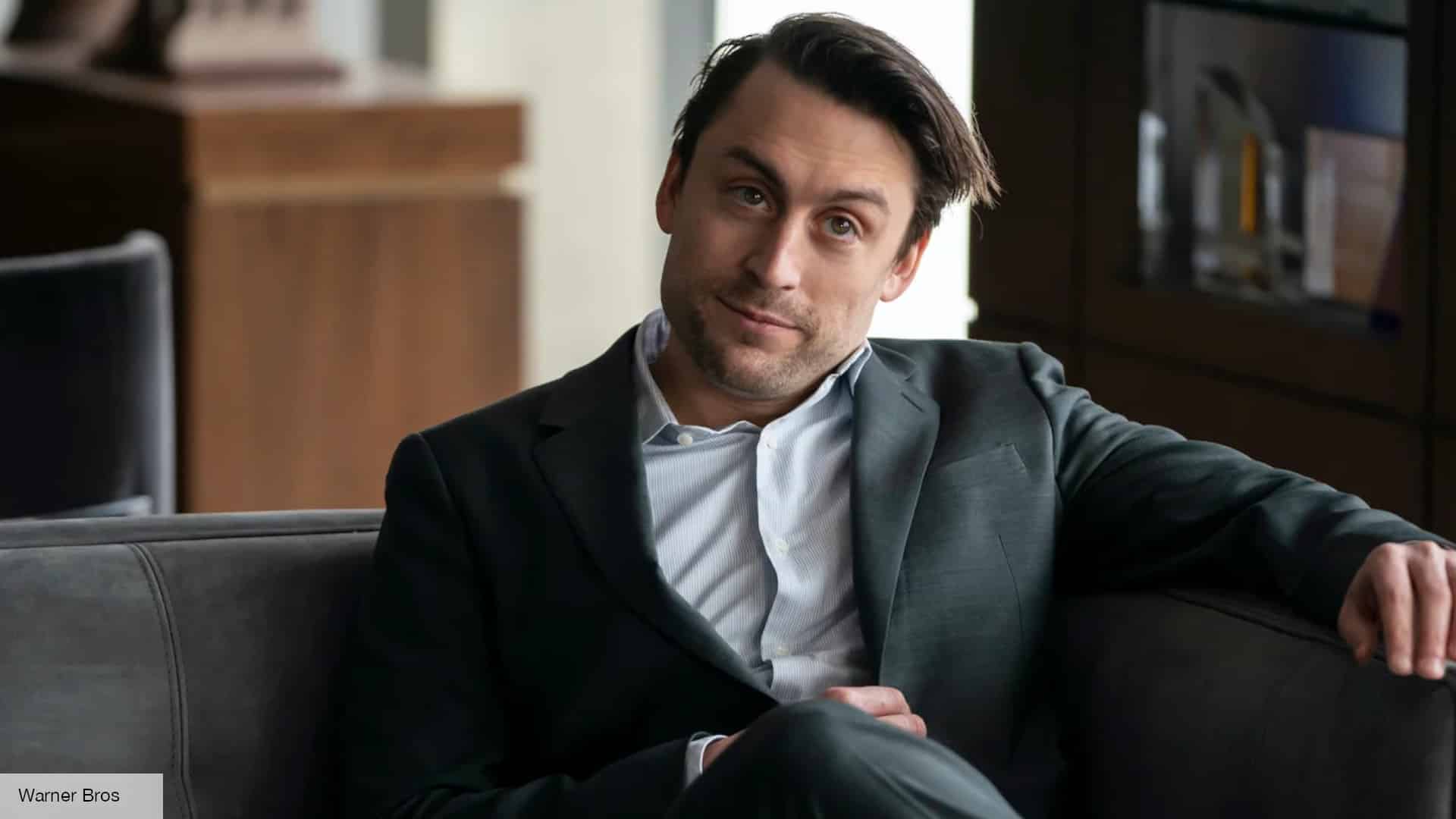
Roman, in particular, constantly undercuts the seriousness of the business, poking fun at everything as a truth-teller of sorts, calling the others on what’s going unsaid. All the siblings seem to see through each other and constantly jab and spar in fun ways.
Barry Birkman isn’t a barrel of laughs. He’s more of a quiet listener, taking everything in and processing it in his dangerous mind. He works more as an audience surrogate, playing the straight man against the wild worlds of organized crime and the aloof head-in-the-clouds aspiring actors. The actors are fun and funny in a way that dreamers tend to be. And Sally stands out as someone who has a lot of charm and is fun to be around.
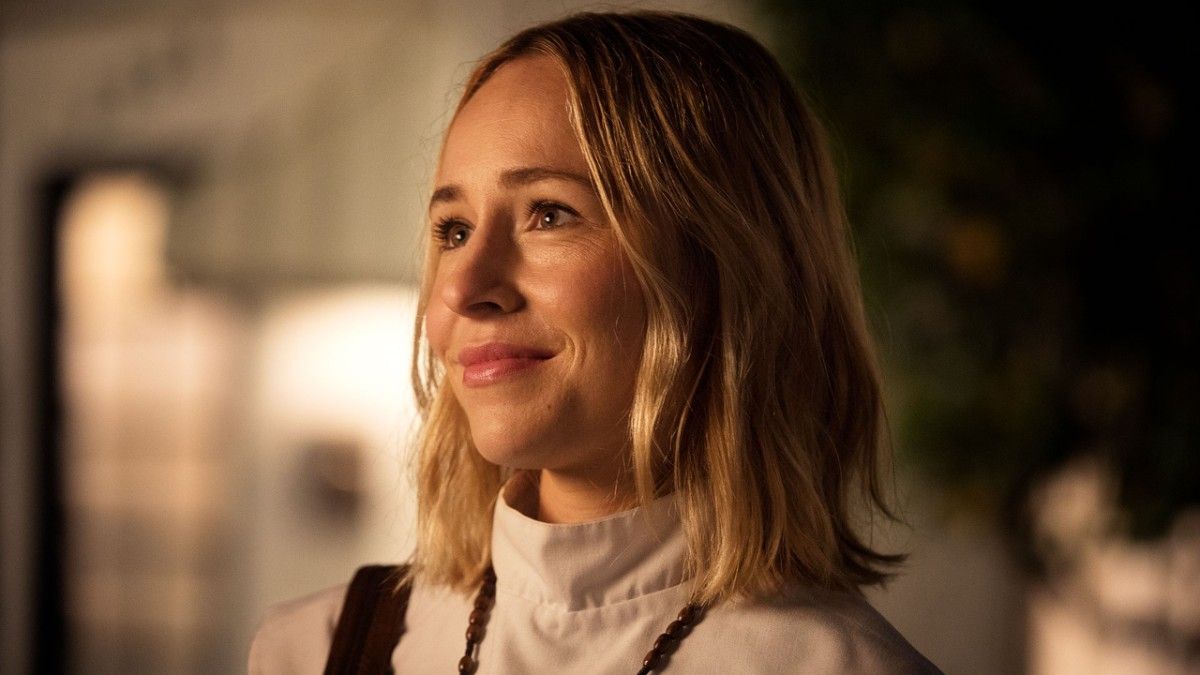
Being good at what they do is part of these characters’ Rooting Resumes. Shiv seems ultra-competent and at the top of her game. Barry Birkman is good at killing, sure. But we also see glimmers—especially when he shows his “truth” to Gene—that he may actually be a good actor.
While not writing related, sometimes casting alone checks the “fun to hang with” box. People like Bill Hader, Henry Winkler, and Brian Cox are fun. And we kind of have history with them, which puts us in their corners.
TV shows are like weekly dates. We need to enjoy the company of the main characters we’re inviting into our homes. Even if they are rascals and blowhards.
5 – HEROES HAVE PERSONAL STRUGGLES
Succession’s first episode works hard at establishing that being Kendall Roy is rough. Lots of people bust him on his past addiction. Even after his ex-wife breaks his heart by saying she’s seeing someone, she still takes a dig at his cocaine-addicted past. Kendall’s holding a lot in.
We get secret glimpses of it when he tightens his fist as he spars with his father. Later he trashes the bathroom in anger. He’s wound tightly and doing everything he can not to fall apart.
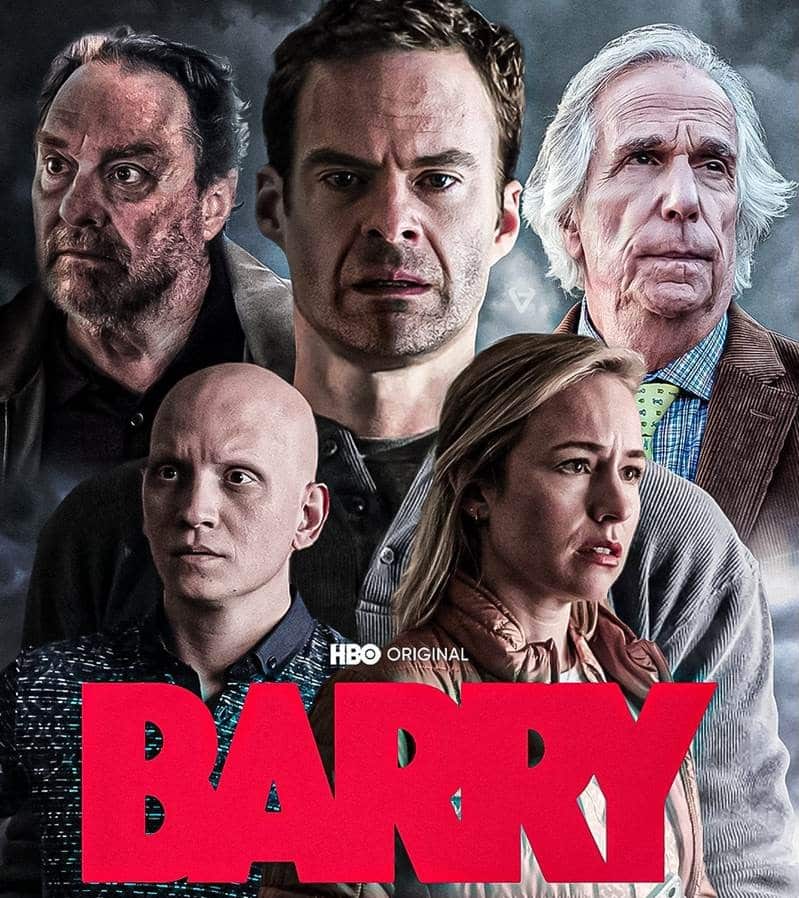
The first episode of Barry constantly has the main character referencing his depression and lack of sleep. We see his depressed life and he tells people about it. No one seems to care about his troubles. He’s invisible to the world aside from being a tool for killing, which is why the acting group and their heightened empathy appeals at first. Sally is going through stuff too. During a forced confessional moment where acting teacher Gene relates a private conversation about Sally’s insecurities and doubts, we see her react emotionally, showing just how much she’s struggling in this acting life.
These characters put on tough faces, but we get glimpses of their inner life. We know how hard it is just for them to show up. It’s admirable. And it gives us a reason to root them on.
6 – HEROES’ LIVES AREN’T TOO DIFFERENT THAN OURS
When we meet Kendall, he’s rapping along to his headphones in the back of a car—it’s almost Steve Carrell/Michael Scott-level embarrassing. Right off the bat, we feel this guy is a little like all of us. He’s faking it until he makes it. Trying to talk cool and present himself as some kind of corporate rockstar… but the world sees right through him. He’s kind of a loser. He’s a bit cringe.
Despite being this dangerous hitman, Barry suffers a lot of subtle mundane injustices. His job is as unglamorous as most of ours. He tries to sleep on an airplane but someone opens the shades, blasting light in his face. He lives in a drab apartment. He has to drive a crappy rental car for several hours just to get to the job because his boss, Fuches, is too cheap to buy him an airplane ticket. Fuches even gives him a gun but skimps on the silencer.
These moments are relatable and help us to both see ourselves in the larger-than-life characters and also park our judgment a bit and understand that everyone puts their pants on one leg at a time.
FIRST EPISODES & FIRST 12 PAGES
The above examples are just a small collection of samples from these shows. Pilot episodes and Save the Cat! Set-up beats need to take time to establish Rooting Resumes. The trick is to layer these moments into story.
It’s not enough to have a random saving of the cat. Notice how Barry’s depression and problems are part of the story’s conflict. He and Fuches are at odds because of his depression. It’s an obstacle to Fuches.
In Succession, the bumps in the road that show that Kendall is fragile and an underdog are plot-driven moments—how he handles the acquisition and rejection, going to his father’s birthday party, and getting publically humiliated.
Thread these Rooting Resume spots into your narrative, and subtly establish your heroes as underdogs and dreamers and good hangs who care about something. Make your audience root for them, hope for their success, and fear their failure just like your characters do.
For more on Rooting Resumes, check out Save the Cat! Writes for TV and the Save the Cat! Beat Sheet Workbook. And while this blog used TV examples, give a listen to the podcast I co-host, Writers/Blockbusters, where we break down movies for writing lessons (and many, many Save the Cat! ones). We’ve broken down the Rooting Resumes of a bunch of movie characters, in particular episodes focused on Joker, Spider-Man 2, and Rocky. We also tackled Rooting Resume in our episode that breaks down Cobra Kai’s pilot.









